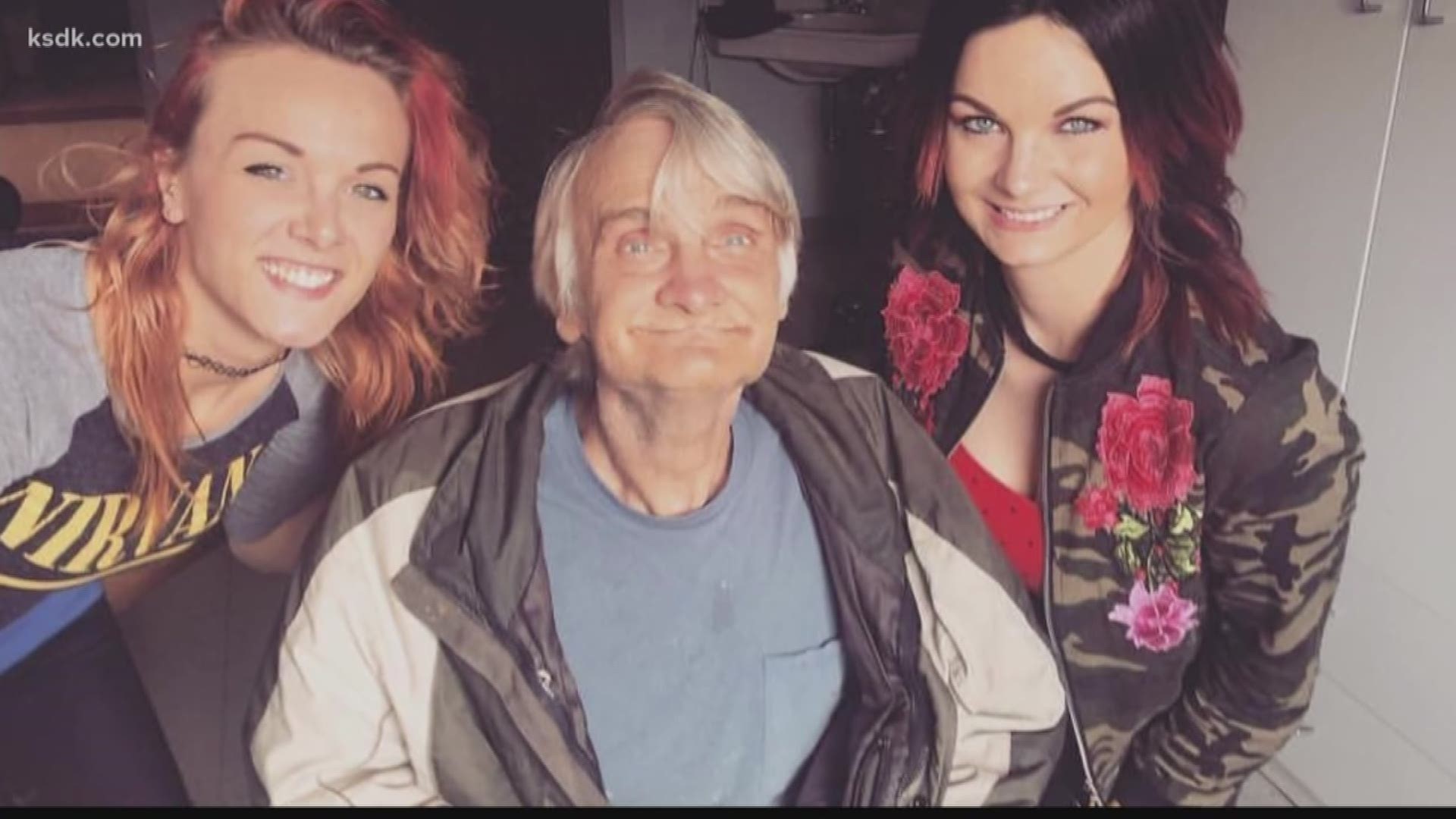Natalie Yoder doesn’t speak quickly or loudly, but she does speak clearly.
The 17-year old from south St. Louis County worked hard to find her voice and is now using it to make a difference.
On Wednesday, she spoke to the Rotary Club of Crestwood-Sunset Hills to share her story.
“My name is Natalie Yoder,” she told the crowd of a few dozen people. “I am the walk coordinator for the St. Louis walk for children with Apraxia of Speech.”
Yoder was diagnosed as a toddler with Childhood Apraxia of Speech, a motor speech disorder that affects how the brain communicates with the parts of the mouth to form words.
Yoder said her case was considered “moderate,” but still took years of intense therapy to resolve. Today, the soon-to-be senior at Lindbergh High School still experiences some challenges.
“I still can’t say a few words, which I just find my way around,” she told the Rotary Club.
Yoder gave her speech to raise awareness and money for an important event. In partnership with the Childhood Apraxia of Speech Association of North America, she has served as the coordinator for a local fundraiser walk for the past several years.
This year, the walk takes place on Saturday, Aug. 12 at Blake C. Snyder Memorial Park in South County. Registration opens at 9 a.m. You can find more information here.
“To see Natalie having intelligible speech and be willing to speak on this, I find her to be an amazing individual." said Julie Hoffmann, a local Speech Language Pathologist and assistant professor at St. Louis University. "A very generous and giving individual as well.”
Hoffmann did not treat Yoder, but has known her for several years. The pair met at a national conference where the teen spoke about her disorder.
Hoffmann treats many patients with Childhood Apraxia of Speech.
“They have trouble coordinating or sequencing sounds together. They have great difficulty moving from one sound to another within a word,” she explained. “The child has significant difficulties planning the speech, so the brain doesn’t tell the articulators — the jaw, the lips, the tongue — what it needs to do to formulate syllables and words.”
Hoffmann said, for some of these children, the speech disorder also makes school and personal relationships difficult. Each patient is different, but for many — starting therapy at an early age can lead to success stories like Natalie’s.
Asked what she would say to other children with Apraxia, Yoder encouraged them not to give up.
“There’s different ways to do a journey, and there’s many obstacles,” “And you just kind of have to overcome them and be able to push through them.”
As the teen starts her final year of high school soon, she already has a plan for her future. Natalie wants to become a speech language pathologist.
“I want to specialize in Apraxia and help the families like so many of my speech therapists have with me,” she said.


